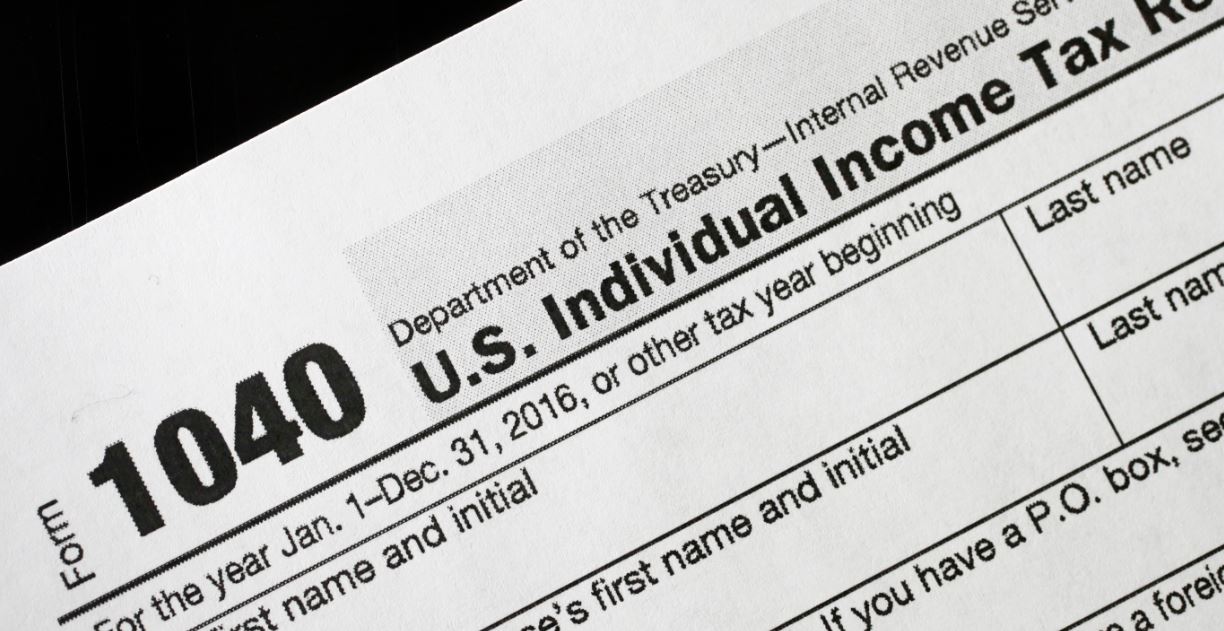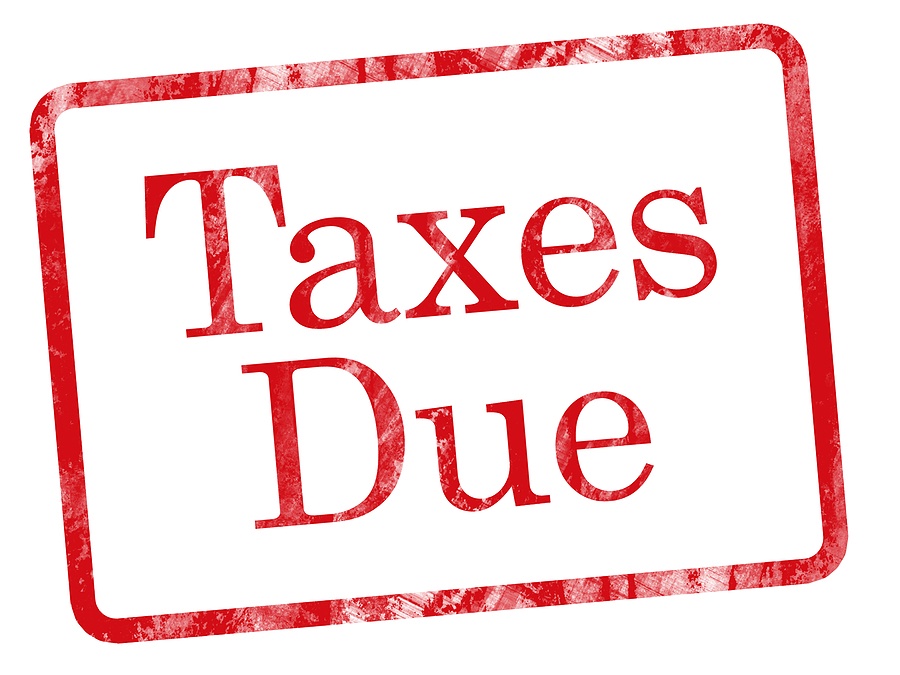The IRS apologized for the crash and extended the tax return deadline to help the millions of taxpayers who weren’t able to file their taxes yesterday. The outage affected the “Direct Pay”, a free service for paying taxes using your personal bank account and the “Payment Plan” page which allowed taxpayers to pay their tax bill in installments. The IRS announced that both pages were operational at 5pm on Tuesday after being unavailable for most of the day.
IRS Extends Tax Deadline One More Day Due to Website Crash
Why You Should Make Sure To Take Advantage of These Tax Deductions
With tax season almost over, you want to make sure you make the most of your deductions on your federal tax return, especially with the changes coming with the new tax law! Here are just a few deductions that you may not know about:
Selecting The Right Filing Status For Your Situation
Taxes are confusing for most people and knowing how to file and which deductions to take isn’t always easy. When completing your IRS tax return, each person must select a filing status. Generally when filing, it is important to know what your IRS filing status is. Your filing status can influence what taxes you owe and the deductions you can take. There are five different filing status options you can choose from and each one has its own requirements. It’s important to review each option because it can impact the tax benefits you receive. Here are the five filing statuses you can choose from:
Tags: Tax Return, Tax Deductions
How To Avoid These Most Common Tax Return Mistakes
With the tax deadline quickly approaching, it’s important to make sure that you not only file your federal tax return, but that you make sure you fill out your return correctly. If there is a mistake on your IRS tax return, this will delay your refund and the IRS may need to contact you to fix the mistake. Here are a few of the most common mistakes people make when filing their return.
How to File an Extension for Your 2017 Federal Tax Return
With the deadline quickly approaching, time for filing your 2017 federal tax return is running out. If you don’t think you will finish your return in time and need some extra time, you should file for an extension. To file an extension, all you need to do is fill out Form 4868 and send it to the IRS. This will inform the IRS that your return will be sent in by October 15, 2018. It is very important to know that even if you file for an extension for your tax return, you still have to pay your taxes on the 17th of April. Filing an extension does not give you more time to pay, it only gives you more time to file. If you expect to pay, send the IRS a close estimate of what you will owe. If you do not pay by April 17th, you will likely incur penalties and interest on what you already owe.
Tags: Tax Return, tax extension
Americans Missing Out On Over $1 Billion In Unclaimed Tax Refunds
It seems a lot of Americans are missing out of some big money, about $1.1 billion to be exact. The IRS announced that there is about $1.1 billion waiting in tax refunds for an estimated 1 million taxpayers who did not file a 2014 federal tax return. To be able to collect the money, these taxpayers must file their 2014 return with the IRS no later than April 17th, 2018.
Time is running out for taxpayers to file their 2017 tax return. All taxpayers must either file their federal tax return or file for an extension by April 17th. If you’re going to owe taxes for 2017, you must pay those by midnight on April 17th, even if you file for an extension. Getting an extension on your tax return does not extend your time to pay, only your time to file.
Tags: Tax Return, Tax, Tax Deductions
Two Deductions That Are Affected By The New Tax Law
Tax season is here and your 2017 return is the last time (until 2026) to take advantage of certain deductions. If you missed the previous post on personal exemptions and the new tax law, you can find it here. Another thing that will be changing is the deductions you will be allowed to take each year. Below are just two examples of the recent changes you might see on your 2018 return.
According to the National Center for Charitable Statistics, more than 1.5 million nonprofit organizations are registered in the U.S. This number includes private foundations, public charities, and other various types of nonprofit organizations, including chambers of commerce, fraternal organizations and civic leagues. Because of this, it is very important to identify and quantify the need for your specific organization prior to founding it.
Check out just a few of the FANTASTIC results achieved for our clients last month! This month’s round up includes a business owner who owed almost $3 million dollars, a client who inherited a company and inherited the large tax liability with it, and an oilfield worker whose case kept getting delayed by the IRS.










